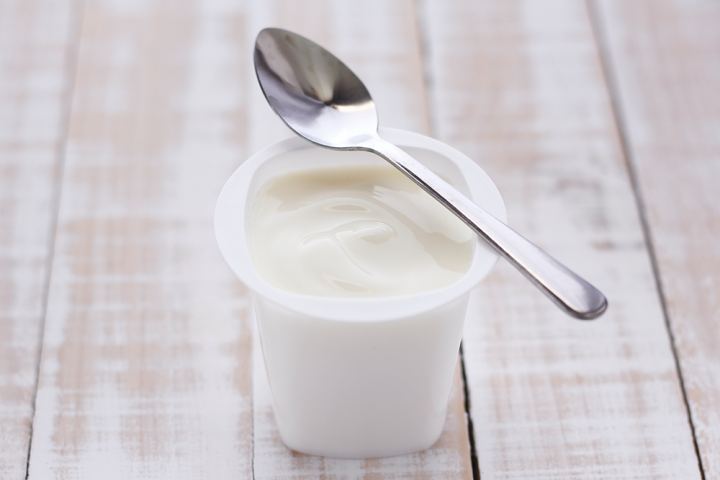5 Home Remedies For Gout
April 4 2018There was once a time where only the wealthy could afford to eat lots of red meat, alcohol, and other heavy, fatty foods. That’s why gout, a painful form of inflammatory arthritis that can be triggered by a rich diet, is sometimes called the “disease of kings.” Today, though, the masses can afford to overindulge—and as a result, gout is more widespread in the United States than ever.
Gout—which usually affects the large joint of the big toe, but can also occur in the ankles, fingers, wrists, knees, or elbows—stems from the body’s inability to control its uric acid levels, says Bernadette Siaton, MD, an assistant professor of medicine at the University of Maryland School of Medicine. Urate crystals build up in the joints, bringing on the telltale inflammation and pain.
While treatment for gout often requires medication, there are ways to control your gout symptoms without popping pills. Exercise and avoiding foods that spike your uric acid levels are by far the most effective ways to manage the condition, Dr Siaton says. Consider those your gold-standard approaches for gout relief.
But those two lifestyle modifications aside, there are some evidence-backed home remedies for gout you can try if your gout symptoms are flaring. Here are five of them.
Eat some cherries
Gout patients who ate cherries during a two-day period were 35% less likely to experience symptoms than patients who did not eat cherries, according to a 2013 study in the journal Arthritis and Rheumatology
Cherries contain anthocyanins, a category of anti-inflammatory pigment molecule that gives cherries their red colour, and that might explain their anti-gout benefits, the study authors say.
Drink plenty of water
Drinking extra fluids can help your kidneys more quickly dispense of excess uric acid via your urine, says Elizabeth Volkmann, MD, a rheumatologist and translational researcher at UCLA Health.
Women should aim to drink at least 90 ounces of water a day, and men need 125 ounces, according to the Food and Nutrition Board. Aim for at least that much, or a little more, to ensure your kidneys can do their thing. “Coffee can also increase uric acid excretion,” Dr Volkmann says.
Eat low-fat dairy
While most gout sufferers focus on avoiding foods that can worsen their symptoms, some foods are associated with a major drop in gout symptoms, shows research in the New England Journal of Medicine. Topping that list: low-fat dairy. People who consume low-fat milk or yogurt twice a week or more lowered their risk for gout by up to 48%, the NEJM study found.
Try some vitamin C
Vitamin C has long been viewed as a potential remedy for gout. And there’s evidence vitamin C can reduce the body’s levels of uric acid. On the other hand, some research had failed to find vitamin C benefits for gout patients.
While the jury’s out on whether C is a gout-slaying hero, one study from Johns Hopkins University found taking a 500 mg vitamin C supplement daily for two months significantly lowered a patient’s uric acid levels. Check with your doctor first. But the authors of that study say vitamin C is considered safe for most people.
Add these probiotics to your diet
Let’s be clear: the evidence that probiotics can help with gout is preliminary and far from solid. But some early research—including a 2014 study in PLOS One—found the probiotic strains Lactobacillus Plantarum, Lactobacillus brevis, and Lactobacillus rhamnosus may help your digestive system break down and dispose of purines more effectively. That could lower your body’s levels of uric acid, and therefore lower your risk for gout flares. Don’t start main-lining kefir by the gallon. But consuming kombucha or other natural probiotics products that contain those strains could potentially provide some relief.
Sourced from Prevention.





